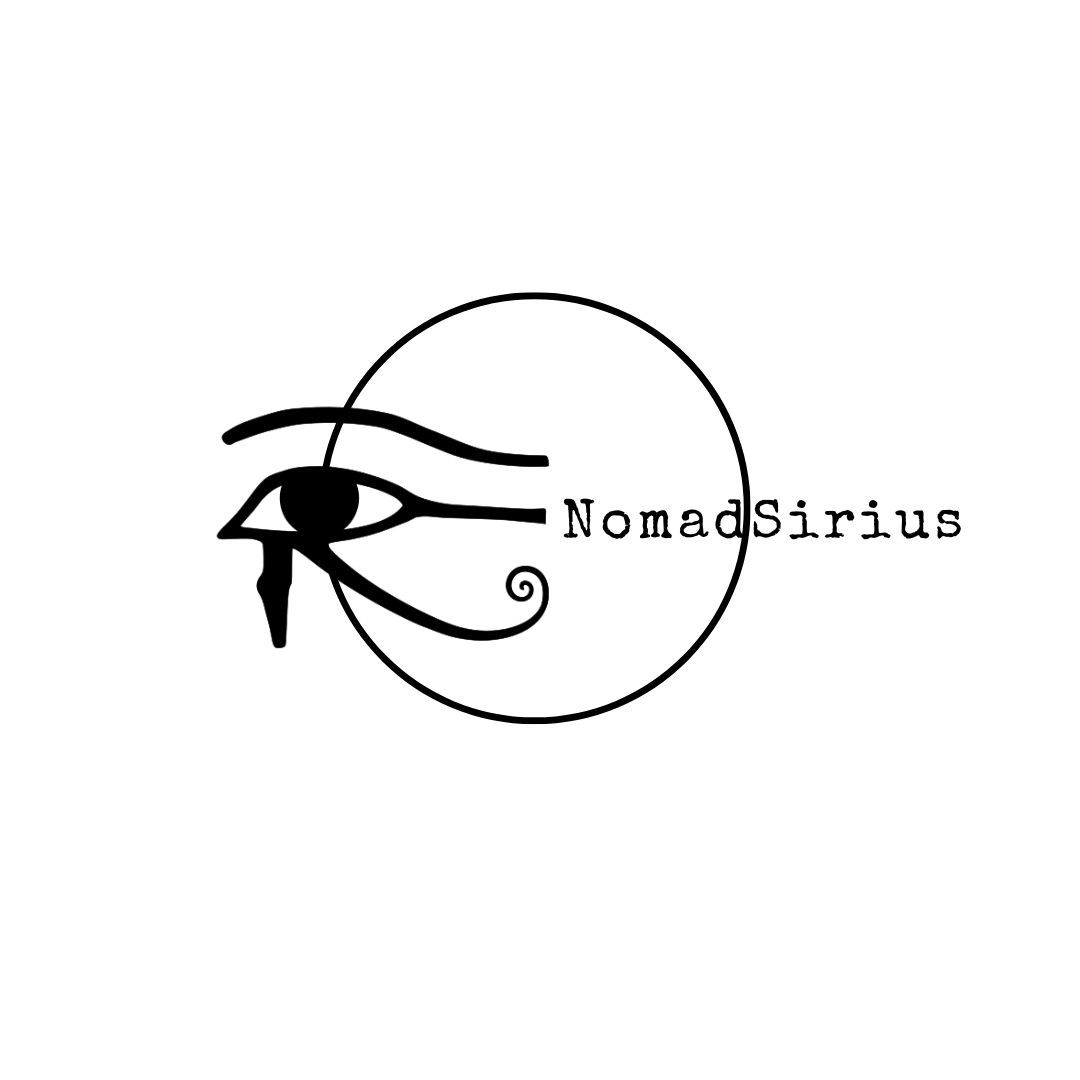상세 컨텐츠
본문

Why did King Jeongjo implement the "Munchebanjeong" policy?
In 1776, King Jeongjo relocated the main palace from Gyeonghuigung to Changdeokgung.
He devised the "Asian True Leader" project at Gyujanggak.
He officially implemented the "Munchebanjeong" policy to revive the authentic literary style.
His objective was to revert to the pure classical style of literature, including the Book of Songs, Book of Documents, and Book of Rites.
The Three Classics represents the wise politics of the kings during the ancient golden age.
The Great Learning, Analects, Mencius, and Doctrine of the Mean, which are central to Neo-Confucianism, emphasize the universal order of propriety and rituals.
They do not recognize a distinction between the king and the aristocracy based on the origin of the universe and human nature.
The emphasis on these new classics led to the confrontation between King Jeongjo and the Noron faction.
While maintaining a policy of equalizing factions, King Jeongjo sought to strengthen royal authority.
He diluted the factional issue by transforming it into a cultural-political matter.
He converted young scholars from the Noron faction to a moderate faction, forming a more balanced political party.
The literary style whitewashes the political color by dressing it in the garment of literature.
The "Munchebanjeong" policy is a highly sophisticated political tactic.
해외/국내 NomadSirius eBook 판매처.
#english #영어 #fantasy #환타지 #humanities #인문학 #ebook #전자책 #painting #그림 #piano #피아노 #인생 #삶 #자유 #자존감
'Value Investing' 카테고리의 다른 글
| 의심쟁이 데카르트의 착각 🍂 (0) | 2023.06.29 |
|---|---|
| 천상열차분야지도와 12황도 🍂 (0) | 2023.06.28 |
| 왜곡된 형상과 기지를 통해서 드러나는 것_아리스토텔레스 시학Poetics_Aristotle 🍂 (0) | 2023.06.19 |
| (Eng) The main reasons for China's retreat during the Ming Dynasty_Zheng He's expeditions 🍂 (0) | 2023.06.13 |
| 기자동래설箕子東來說과 한사군漢四郡 진위 논쟁 🍂 (0) | 2023.06.12 |





